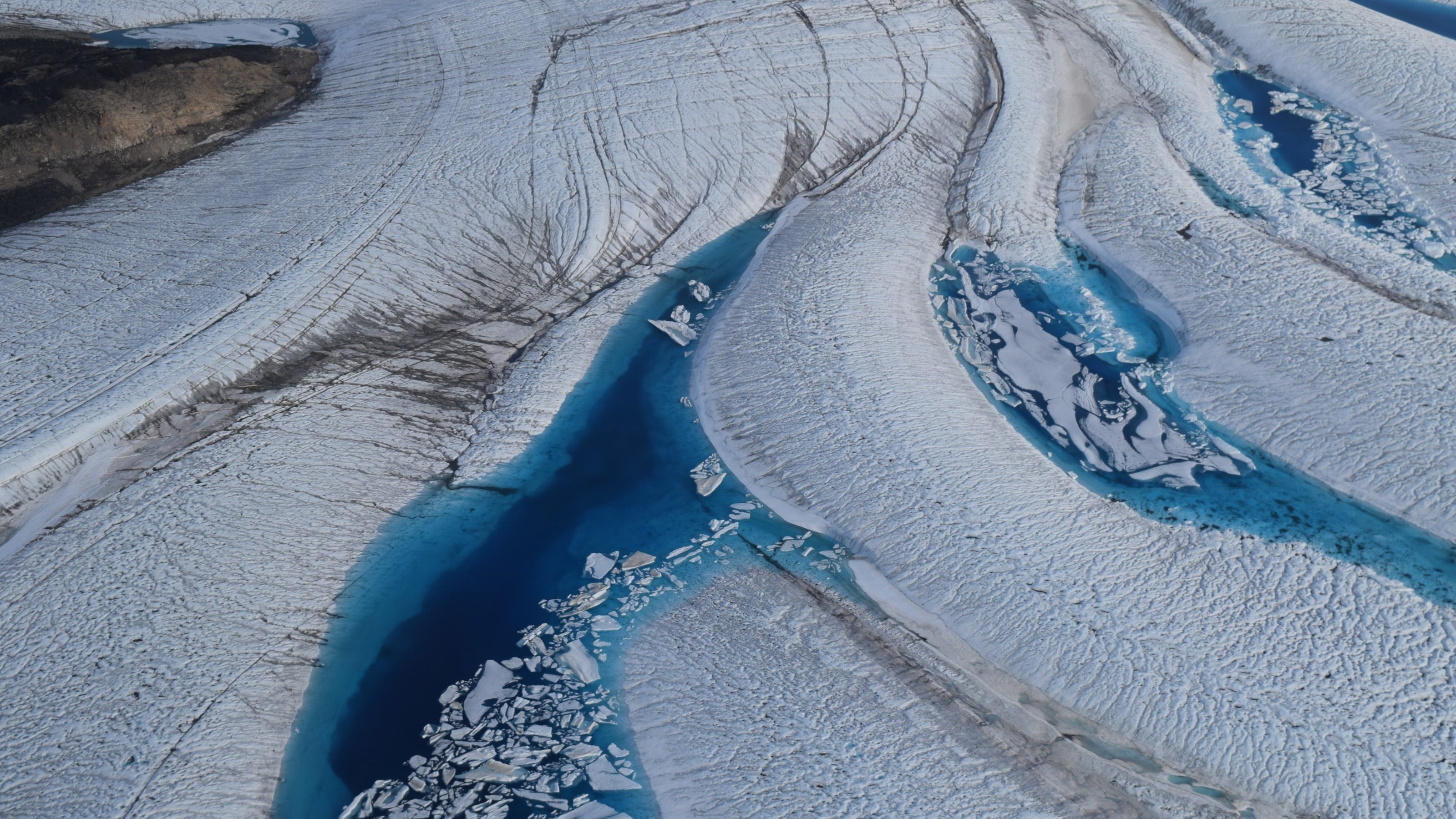Please support me sincerely
Independent journalism
Our mission is to provide unbiased, fact-based reporting that holds those in power accountable and exposes the truth.
Every donation counts, whether it’s $5 or $50.
Help us deliver journalism without agenda.
Researchers have launched a scientific expedition to Greenland to better understand how the region’s rapidly collapsing glaciers could affect climate systems around the world, including the UK’s.
The Royal Antarctic Survey (RRS) David Attenborough will set out on its maiden voyage to the North Pole on Friday, with an interdisciplinary team of 40 scientists and support staff from research institutions around the world, including the British Antarctic Survey (BAS).
The polar research vessel will embark on a six-week mission as part of the Kang-Glac project to study glaciers and life on the coast of Greenland, one of the places on Earth most affected by climate change.
The BAS said warm Atlantic waters flowing through the fjord eventually meet the ice front of the glacier at the ocean’s edge, increasing meltwater and causing iceberg calving.
This increases the amount of freshwater flowing into the sea, changing ocean currents and marine ecosystems around Greenland and further afield in the North Atlantic, potentially affecting the UK’s weather system.
“Our expedition is very timely, because we see on the news every day how the Arctic is changing, and we know that this will have implications for the rest of the planet,” said Dr Kelly Hogan, BAS marine geophysicist and project co-lead.
“We need to understand how the Greenland ice sheet is likely to collapse over the coming decades or centuries, and what the resulting impacts on ocean currents and marine food chains will be.

“Now is the time for policymakers to gather urgent information to understand what is likely to happen in the North Atlantic and to develop appropriate adaptation and mitigation plans.”
According to BAS, the team will focus on a key area near the Kangerlussuaq fjord, aiming to study what is happening during current and past warm climate periods to understand the complex processes driving water change.
The report added that researchers could extend the modern observational record back to the past 11,700 years, a period known as the Holocene, which could help predict future changes in ice-ocean-sea ecosystems.
There are some records of Holocene iceberg calving and warm water influx around Greenland, but there is less documentation of how the glaciers subsequently collapsed and the impact this had on ocean productivity over the decades.
Professor Colm Okofai, a glaciologist and marine geologist at Durham University’s School of Geography and co-leader of the project, said: “Understanding the Holocene record of changes in the Greenland Ice Sheet and the role of the ocean over it is vital to put our observations of current ice and ocean change into a longer-term context and to underpin our predictions of future change.
“The range of instruments that RRS Sir David Attenborough will deploy during its Kang-Glac cruise provides an unprecedented opportunity to assess changes over the past 11,700 years.”
Oceanographers, biologists and geologists will work together using a variety of equipment to collect samples from land rocks, oceans and seafloor to get a comprehensive picture of the region and its potential responses to current and future environmental change.
Using cutting-edge capabilities at RRS Sir David Attenborough and deploying advanced underwater robots such as Gabia, operated by the Scottish Association for Marine Science (SAMS), the team will investigate the modern-day interactions between meltwater discharge from glaciers and inflowing warm ocean waters, and how this affects the primary productivity of Greenland’s fjords and coastal seas.
Helicopters can also allow researchers to collect rock samples from the ground.
BAS said marine sediment cores obtained from the seafloor and terrestrial rock samples will help scientists understand how ice sheet size, ocean temperatures, and carbon storage on the ocean floor changed during the Holocene.






